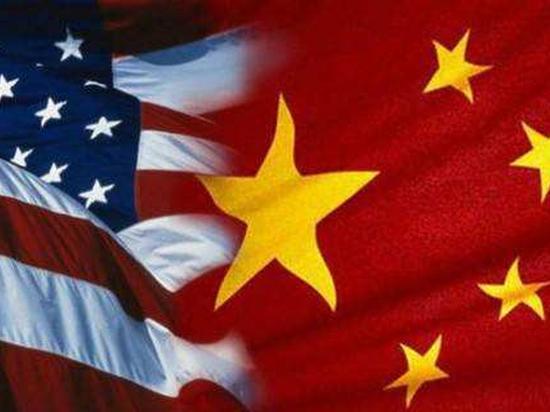Because of the escalating trade tensions between China and the US, American agriculture will not be spared. Despite the $12 billion aid package from the White House, American farmers still face the threat of losing the Chinese market that they have worked for decades to explore, said Han Jun, Vice Minister of Agriculture and Rural Affairs, in a press briefing Thursday.
China will remain committed to opening up its agricultural industries despite trade tensions with the United States, Han added.

(File photo)
He said China as the largest importer of agricultural products and the US as the largest exporter should enhance cooperation in strengthening agricultural trade, which is a win-win choice for both countries.
China and the US are complementary to each other in terms of agricultural trade as the US has an edge in land-intensive farm produce and China is competitive in labor-intensive agricultural products. In 2017, China imported from the US $13.95 billion of beans, $2.92 billion of livestock products and $1.51 billion of grains. As for China's exports to the US, they include $3.22 billion of fish, $1.15 billion of vegetables and $0.77 billion dollars of fruit.
The demand gap for beans in China is about 90 million tons which has to be met by the international market. The US, as the largest exporter of beans, produces about 100 million tons. As the consumption at home is limited, half of bean production relies on the international market.
With China's increasing demand for beans, some worry that Beijing's retaliatory measures on US exports may affect the supply chain of edible oil and animal manure.
Han said the Ministry of Agriculture and Rural Affairs is fully prepared to face a rise in food prices. China has the full ability to handle the decreasing supply of beans from the US. China will actively seek new import channels for beans. Moreover, by adjusting the ingredients the proportion of soymeal can be reduced. Also, other kinds of vegetable oil will be supplied. Finally, more support policies for bean production will be implemented to increase the overall production capacity of local beans.
With increasing competition in the domestic agricultural market, if China-US trade tensions continue to escalate, the cost of importing American produce will be higher and hence market share will decline. In the meantime, other countries will compete fiercely for the market share that the US has lost. Once these countries become reliable suppliers of China, the US won't regain its position easily. That's also what troubles the American agricultural sector. They don't want to lose their long-term interests, said the Vice Minister.
Han cited remarks by Brazilian Agriculture Minister Blairo Maggi that the South American country is capable of doubling the cultivated area of soybeans.
China is capable of dealing with the gap left by dropping soybean imports from the United States, Han said.
Despite the trade frictions, Han stressed, China would promote the opening-up of the agricultural sector in an active, steady and orderly manner, with more imports from global markets. "It is China's established policy to actively expand agricultural imports."
"The main issue faced by China's agriculture is not shortage in production but structural imbalance. We must accelerate supply-side structural reforms in agriculture through further reforms and opening up," Han said.
China has become the largest importer of agricultural products worldwide and the second largest agricultural trading nation. The country is the world's biggest buyer of soybeans, sugar, and cotton.
In fact, China and the United States are highly complementary in agricultural trade and strengthened cooperation in the area would be beneficial to agriculture on both sides, Han said.
(Compiled by Han Xiaomeng)


